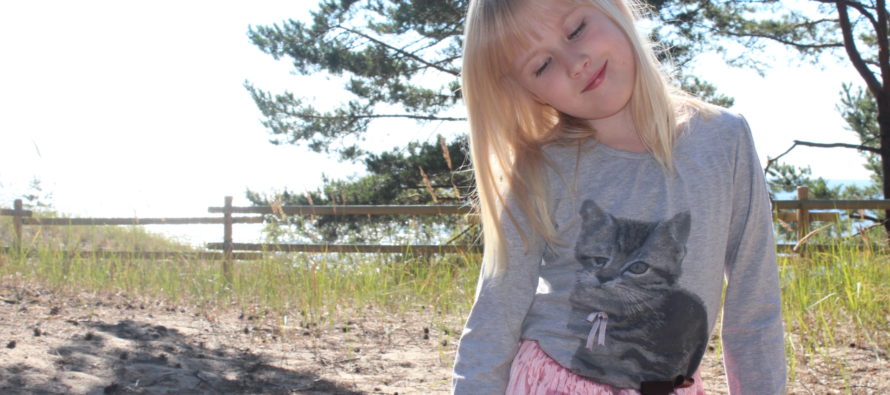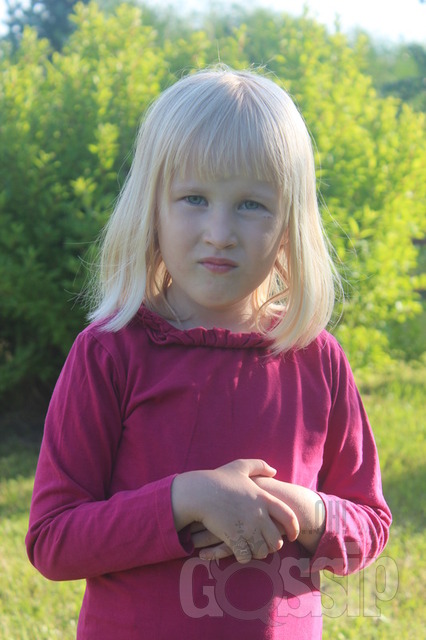Preparing children in a risky world

OHMYGOSSIP — The news is full of children getting caught up in adult situations they can’t handle. We hear of children being lured by predators, children hurting one another, committing grave acts of violence and bullying.
What can parents do to lower the chances of their children finding themselves in risky situations?
The insulation from risky behaviors starts when children are very young. The skills and tools we give them when they are 2, 3 and 4 will help them make good decisions when they are older—and away from our protective vision. The 3 ‘R’s of good parenting—Relationship, Risk assessment and Responsibility—will help prepare our children.
Relationship. Relationship is the most important risk reducing factor for all families. It is so important to know our children and let them know us on a deep level. This is a time consuming process. It means we have to make time to be together. Spend time playing and talking. This is the way we can find out what they’re thinking and how they’re processing what they’re experiencing. A child who says “I hate you” gives us a great opportunity to talk about emotions —the good and the bad. Early childhood is prime time to learn what all the emotions feel like and how we manage them. It’s good for children to see us also experiencing a range of emotions—and then handling them appropriately. Easier said than done? No one told you parenting would be easy!
Risk assessment. We have to acknowledge that there are risks out there. As parents, it’s our job to make sure our children are safe and protected until they are sufficiently prepared for more. We need to know where our children are and who they’re with at all times. That means finding out more about the people who care for our children. Don’t be afraid to ask hard questions. Those questions are easier in regulated care facilities but not so easy in friends’ homes. If your child is going to a friend’s home, ask who else will be there, are there firearms (something we never think to ask), what kind of media is available and how the adult will supervise. At first, that will seem very protective, but those are things a parent needs to know before relinquishing supervision to another adult.
Movies and TV shows can expose children to situations (violent, sexual) their immature brains cannot process yet. PG means “parental guidance” yet we tend to think that is acceptable. Our tolerance for violence and sexual situations has grown because of what we see day after day. Let’s not expose our children to things they are not ready for. They develop a tolerance and even complacency for those behaviors after seeing it over and over.
View all media in common areas of the home (not bedrooms for a whole variety of reasons).
Responsibility. The most important piece to this is teaching children it’s OK to say no. As parents, we train our children to be obedient. Then we wonder why when adults or other children suggest behaviors they should know are wrong, they go along with it. Allowing children to say no makes parenting a little trickier in the short-term but worth it in the long run. What if your young child doesn’t like your great aunt? She loves to hold him, hug him and pinch his little cheeks, but your child screams when he sees her. This is a time to respect his feelings and allow him to say no. As the child ages there will be more situations he will say no to—a playmate, an event, a touch he doesn’t like. There will be times when you will override, but let’s be aware of our children’s inner voice.
Finally, allow children to make mistakes. As parents, we try to clear the way so children don’t feel uncomfortable or disappointed. However, awareness of their mistakes helps children learn from consequences. They help children learn to make choices about their behavior—when we’re not around. So let children make small mistakes when they’re small. Love and Logic Parenting classes are a wonderful resource for more information on how that works.
Making good parenting decisions from the start increases the probability they won’t get caught in serious situations that will mar their lives forever. Be intentional about your parenting and love your children intensely!
Source: MetroParent/Jeanne Labana (Jeanne Labana, from Milwaukee, is a PCI certified parent coach and has been an educator for over 25 years. With 4 grown children and 8 grandchildren, she’s experienced it all!)

Read also:
The basics on how to prepare a toddler for future school success
OHMYGOSSIP — I’ve been hearing so much about Common Core. Is there anything I can do now to prepare my toddler for school and these new standards?
 High quality & nature friendly luxury cosmetics from Scandinavia - ElishevaShoshana.com
High quality & nature friendly luxury cosmetics from Scandinavia - ElishevaShoshana.com

